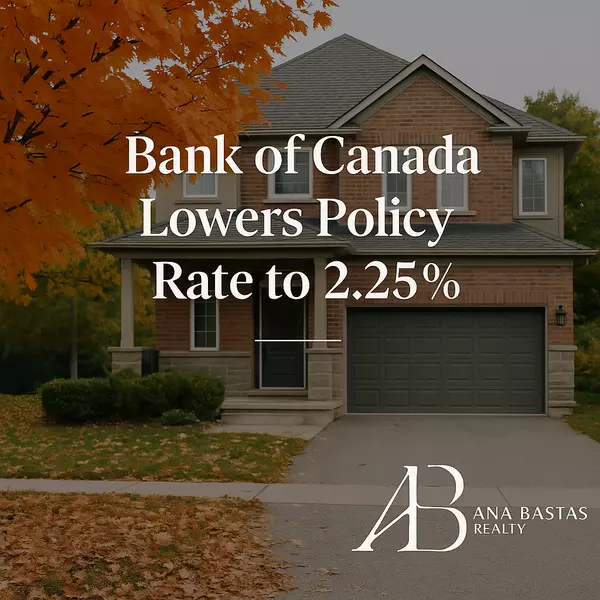Top 8 mistakes to avoid when flipping a house

Flipping houses can be a lucrative venture, but it also comes with its own set of challenges and risks. Here are eight common mistakes to avoid when flipping a house:
-
Underestimating Costs: One of the most significant mistakes flippers make is underestimating the renovation costs. Failing to accurately budget for materials, labor, permits, and unexpected expenses can eat into your profits and derail your project. It's essential to conduct thorough research and obtain multiple quotes from contractors to ensure you have a realistic budget.
-
Overlooking Due Diligence: Rushing into a flip without conducting proper due diligence can lead to costly mistakes. It's crucial to thoroughly research the property, including its condition, market value, neighborhood, comparable sales, and potential resale value. Failing to do so could result in purchasing a property with hidden defects or a poor investment potential.
-
Ignoring Market Trends: Flippers need to stay informed about local market trends and conditions. Investing in a property in a declining or oversaturated market could lead to difficulties selling the property or achieving the desired return on investment. It's essential to analyze supply and demand dynamics, property appreciation rates, and economic indicators to identify profitable opportunities.
-
Overimproving the Property: While it's tempting to splurge on high-end finishes and upgrades, overimproving the property can eat into your profits and make it challenging to recoup your investment. It's essential to strike a balance between making necessary improvements to attract buyers and avoiding excessive spending on upgrades that won't yield a significant return on investment.
-
Underestimating Time: Flipping a house often takes longer than expected due to unforeseen delays, permitting issues, contractor availability, and other challenges. Underestimating the time it takes to complete renovations and sell the property can lead to holding costs, such as mortgage payments, property taxes, insurance, and utilities, eating into your profits. It's crucial to factor in a buffer for potential delays when planning your timeline.
-
Skipping Proper Permits: Attempting to cut corners by skipping required permits and inspections can lead to costly fines, delays, and legal issues down the line. It's essential to obtain the necessary permits and ensure all renovations comply with local building codes and regulations. Failing to do so could result in having to redo work or even tearing down unauthorized additions.
-
Neglecting Marketing and Staging: Presentation is key when selling a flipped property. Neglecting to invest in professional photography, staging, and marketing efforts can result in the property sitting on the market for longer than necessary and potentially selling for less than its full potential value. It's essential to showcase the property in its best light to attract potential buyers and maximize your return on investment.
-
Underestimating Holding Costs: Holding costs can quickly add up, especially if the property takes longer to sell than anticipated. Failing to account for holding costs, such as mortgage payments, property taxes, insurance, utilities, and maintenance expenses, can eat into your profits and reduce your overall return on investment. It's essential to calculate holding costs accurately and budget accordingly to avoid financial strain during the flipping process.
By avoiding these common mistakes and approaching your flip with careful planning, thorough research, and realistic expectations, you can increase your chances of success and maximize your profits in the house flipping venture.
Categories
Recent Posts











"My job is to find and attract mastery-based agents to the office, protect the culture, and make sure everyone is happy! "
